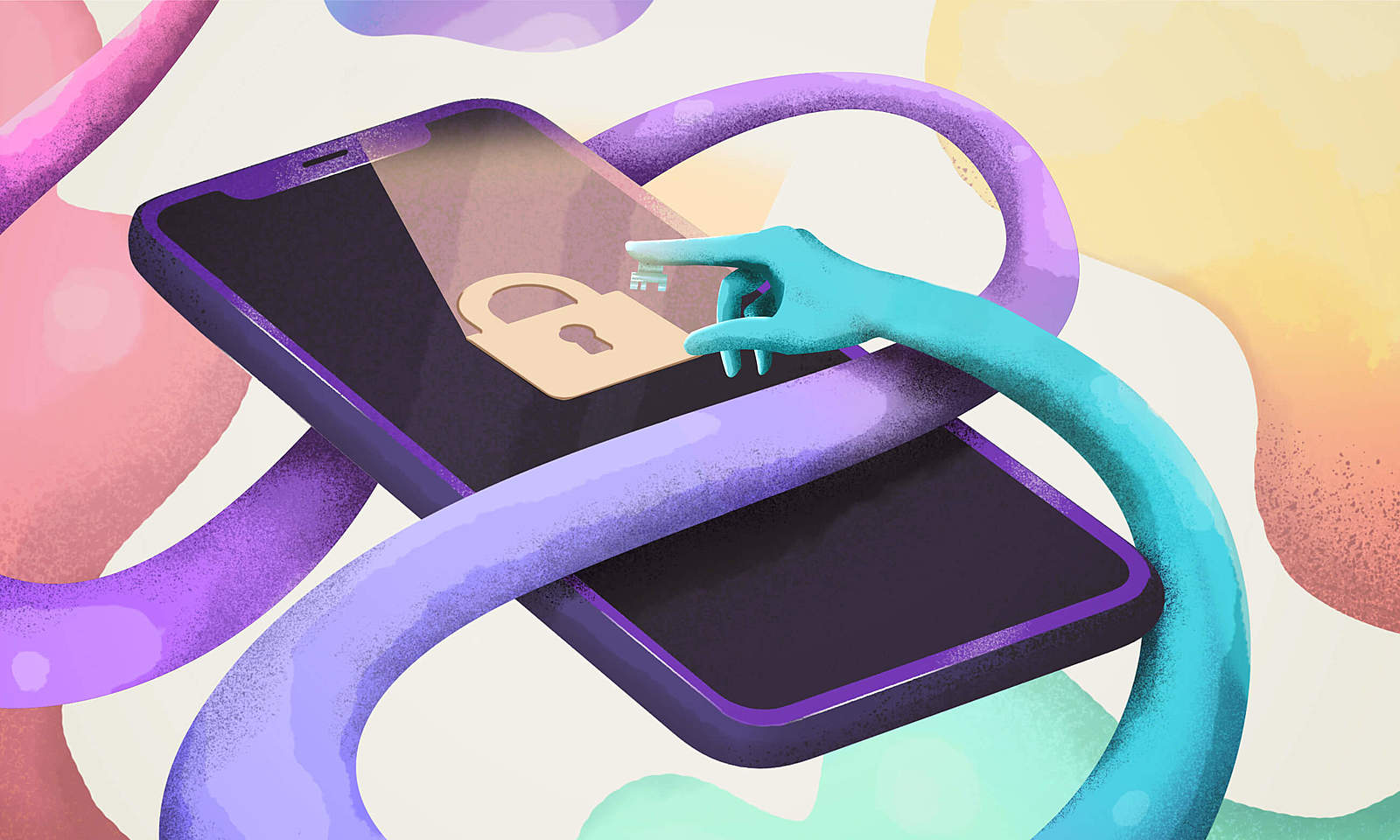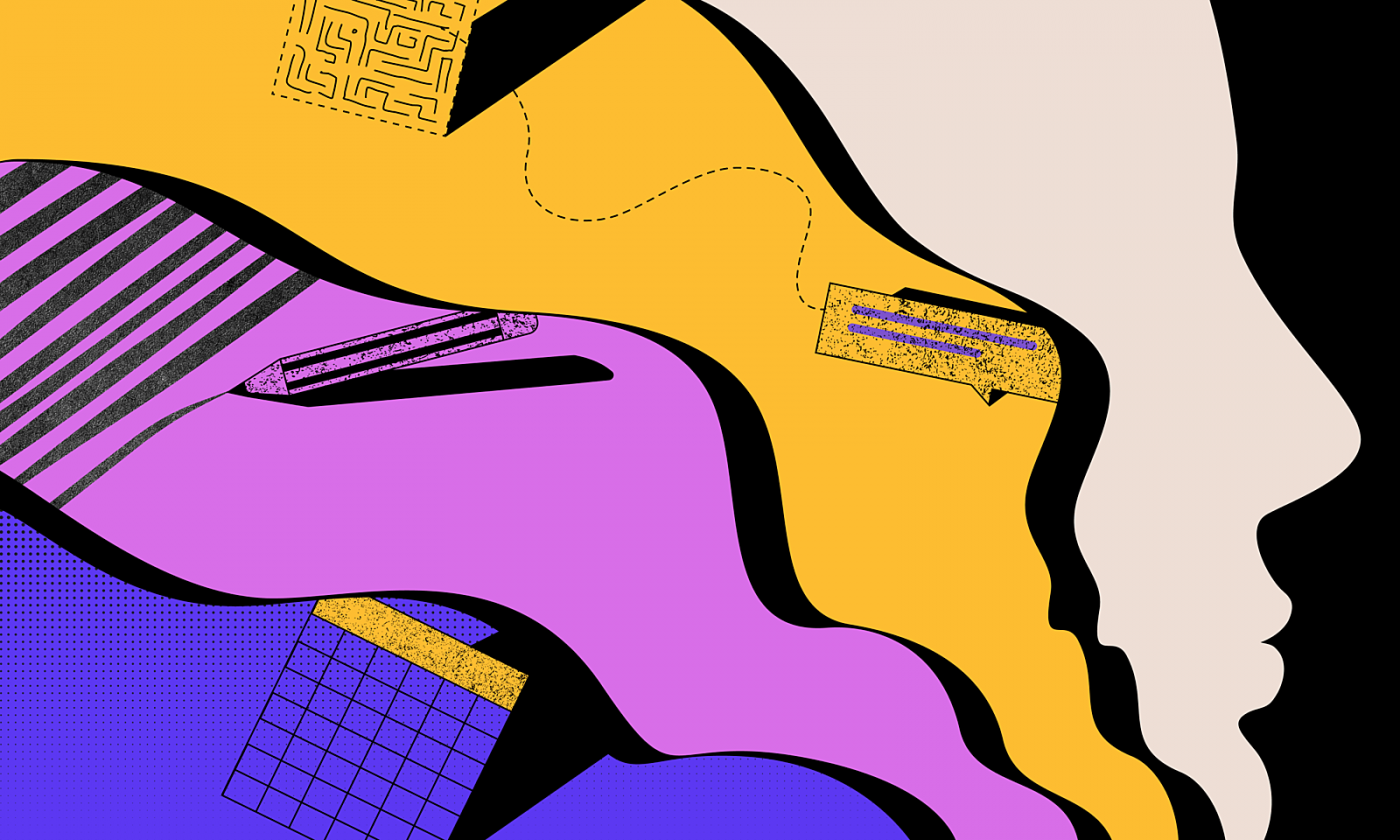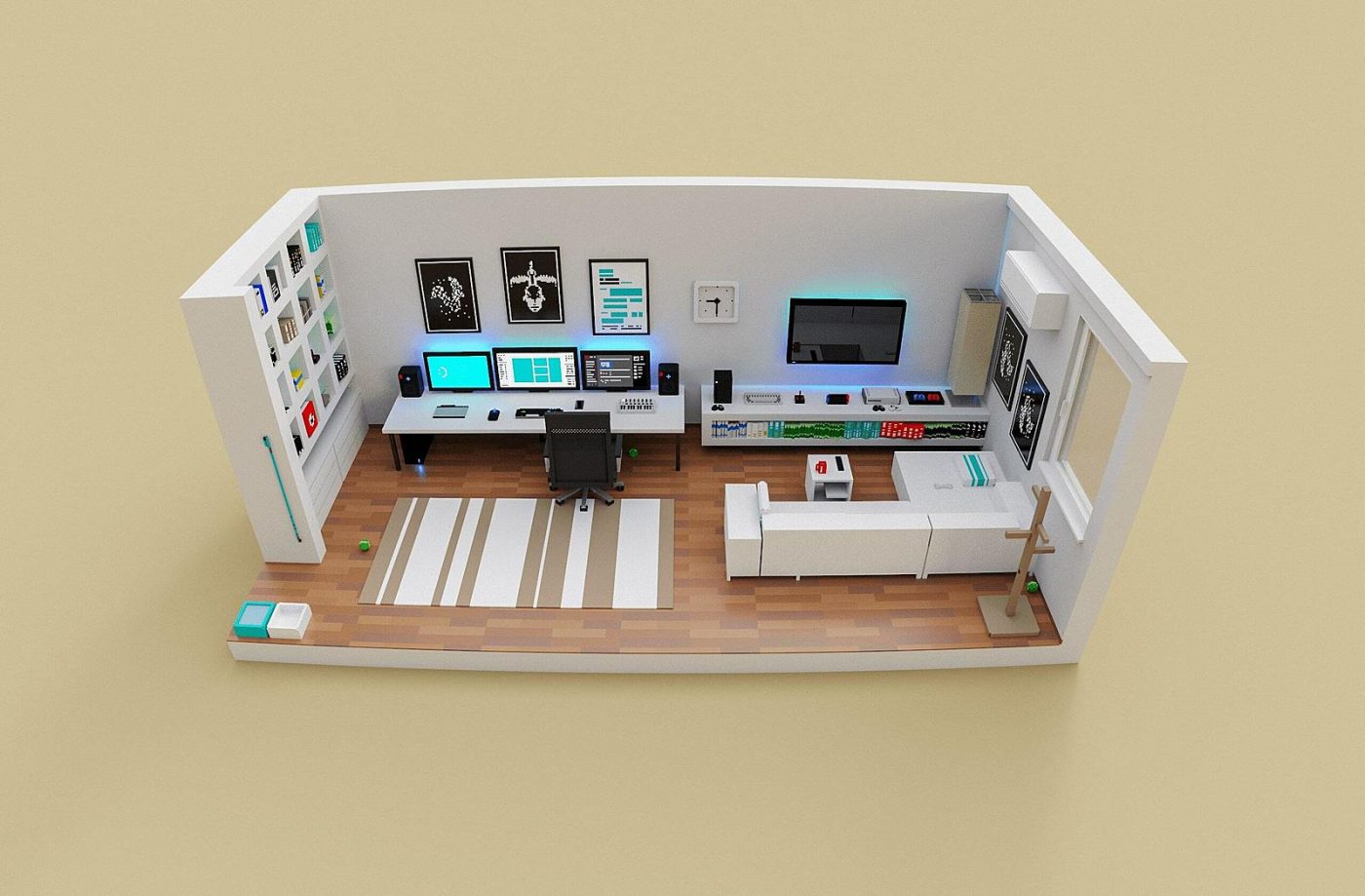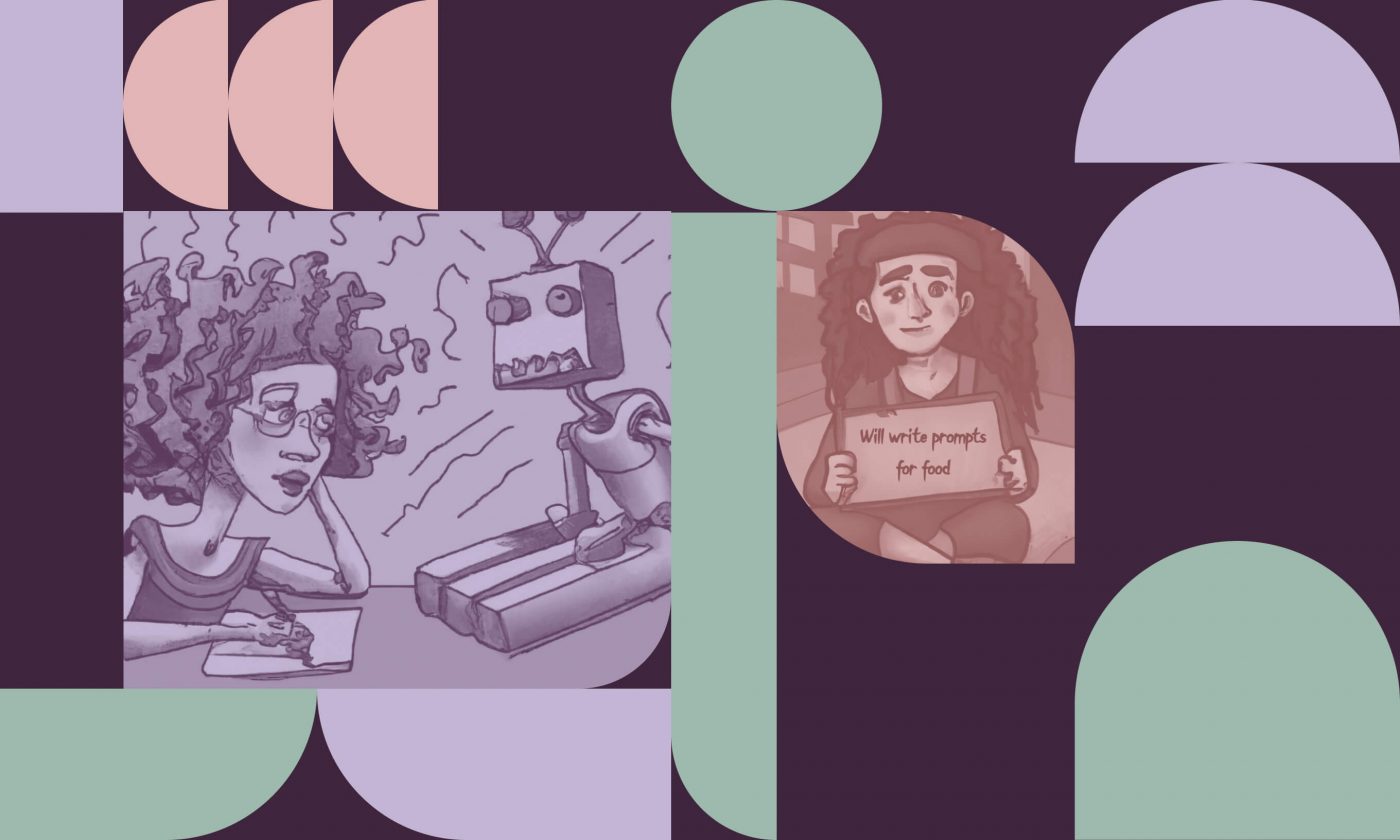If you’ve used the Internet long enough, you’ve seen trends come and go. But one thing that remains constant is why we use it in the first place – for most people, it’s the desire to connect. Another reason is porn, and the third one cat videos.
The Internet enables us to connect with people outside our immediate circle of friends and acquaintances, hence various online communities. It used to be Usenet (kudos if you know what I’m talking about), IRC, and forums, and now it’s influencer videos and social media platforms. The channels are different, but their purpose is similar – to provide content that educates, entertains, and makes people feel connected.
Social media apps as we know them today have only been around for around two decades, yet it seems like forever and we are hardly able to imagine a life before them.
Let’s support this with some data. There are 4,65 billion people in the world actively using social media. That is 58,7% of the world population. An average user will spend 2,5 hours per day on social media – a half of the total time they are using their phones. Here are some other fun social media stats, if you’re into that kind of stuff.
Lately, there’s been a lot of talk about a new social media app that seems to be all the rage. It’s called BeReal and it’s the antithesis of all the most popular social media platforms. There are no influencers, no algorithms, no filters, no popularity points, nada. The idea is to show your “real” self to your friends and the world.
The app prompts users at a random time each day and gives them a two-minute window to take a photo of their surroundings, followed by a selfie taken with the front camera. And that’s it. You see what your friends are doing at the given moment. No like, share, or subscribe. Still, it seems to appeal to millions of people.
BeReal is actually not that new. It was first launched in 2020 but didn’t gain popularity until mid 2022. As of August, it has over 10 million active daily users. It has been installed over 28 million times since its launch, with the majority of downloads happening in the last couple of months. It’s the most popular app on the App Store currently, with the Google Play ranking still lagging somewhat behind.
But what’s most indicative of the app’s popularity is that it’s already being copied. They say that imitation is the most sincere form of flattery, and BeReal got some really big compliments from its older and more established rivals. Just last month, both Instagram and Snapchat adopted the dual-camera feature. That’s actually also not new, an iPhone app called Frontback had the same concept back in 2013, but you never heard of Frontback and you did hear of these two.
Instagram is now working on taking it another step further with a feature called “IG Candid Challenges.” It is supposed to prompt users to post a candid photo. Once a day. Within a two-minute window.
Yes, I know.
Social media platforms have been doing this for practically as long as they have existed. Think of any social media app. Does it have status updates and a newsfeed? An instant messaging function? An option to support what you see by “liking” it? Disappearing content? Which app did you think of? The correct answer is – any of them.
Instagram has Stories, but the concept was first introduced by Snapchat in 2013. Since then it made rounds on Facebook, Linkedin, YouTube, Twitter, and even dating apps such as Match and Bumble. Snapchat has Spotlight, which is a blatant TikTok rip-off, as is YouTube Shorts. TikTok grew from the ashes of Vine, acquired by Twitter, which has a concept called Spaces – an audio content sub-platform and an exact copy of Clubhouse.
It’s perfectly fine if your head is spinning. Still, it’s all facts.
Did you think that “likes” are a Facebook invention? Wrong. Back in the early 00’s there was a site called B3ta.com, a newsletter and a message board (these things were popular back then), a place to share jokes or images which would today be called memes. By 2005 the community grew so large that it was becoming difficult to navigate the front page and lots of the “good stuff” would get lost. They needed a way to curate content et voilà – they came up with a button that said “I like this.” It wasn’t completely original, though. Even before B3ta, FilePile, and Digg used buttons to measure users’ approval.
Facebook introduced the like button in 2009, but not before it bought FriendFeed, a service that had already had its own like button for several years.
BeReal is an attempt at originality in the very unoriginal social media landscape. But actually, when you take away the whole we-are-so-different idea, what you’re left with is a bunch of computer screen photos and awkward selfies. We’ll see if it’ll hold water or continue to live on in the feeds of its contemporaries.











